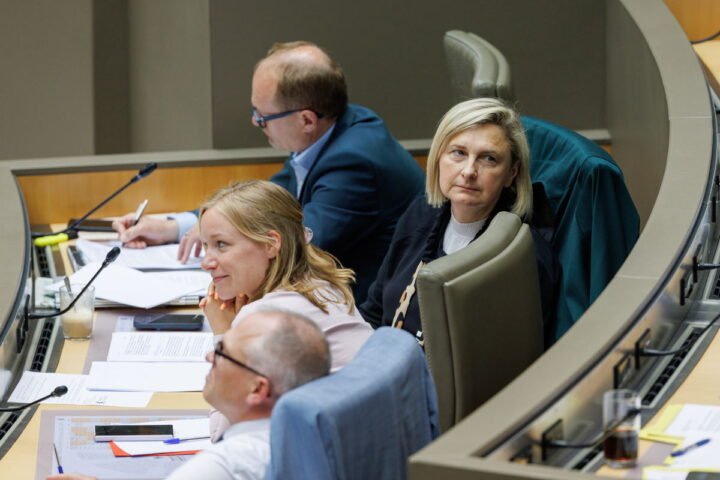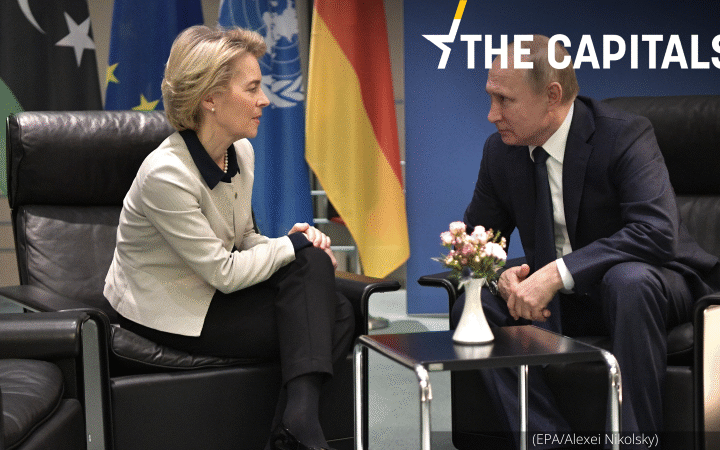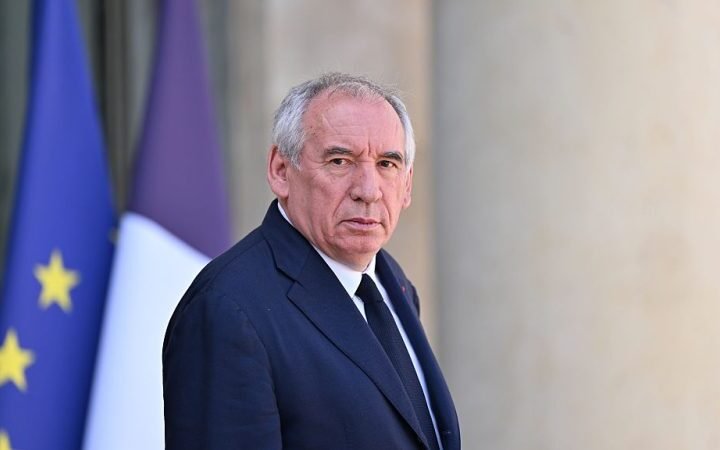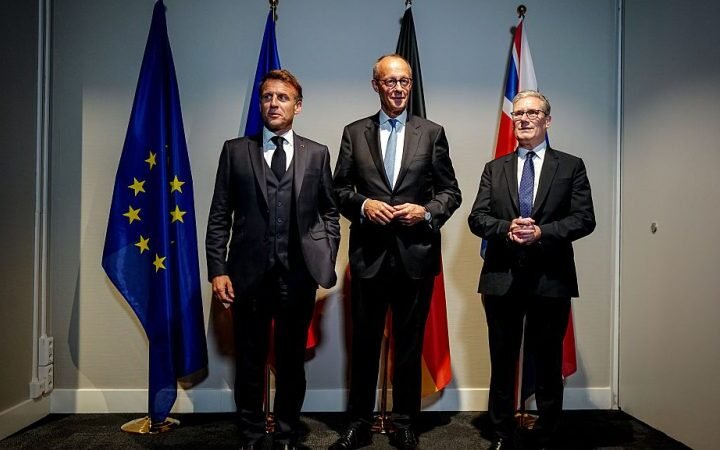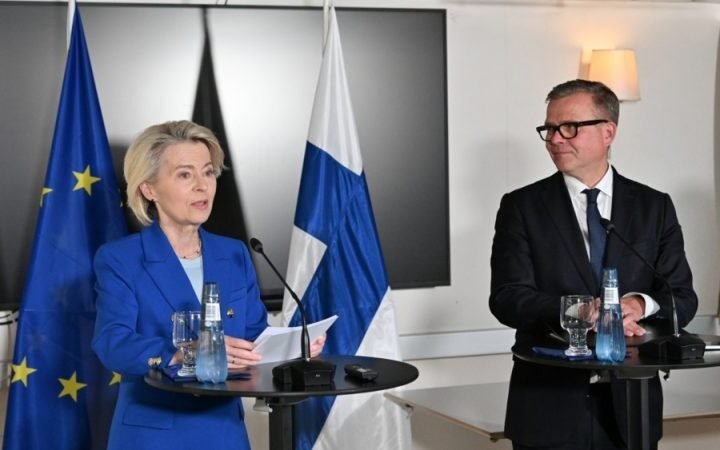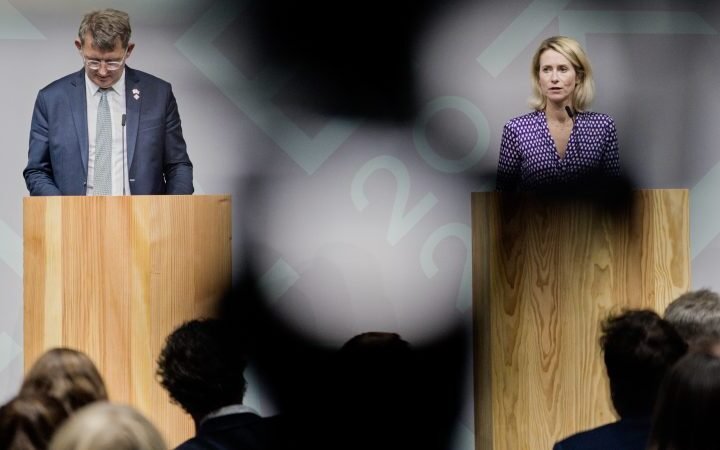New Developments in Eastern Europe
The recent escalation of tensions in Eastern Europe has raised alarms among international observers. Violent clashes have led to significant casualties, affecting both military personnel and civilians in the region. Analysts warn that this could lead to further military confrontations and complicate ongoing diplomatic efforts, reports 24brussels.
In the latest incidents, several key areas have experienced intense military activity. Eyewitness accounts indicate that the fighting has intensified, with both sides accusing each other of violating ceasefire agreements. The humanitarian situation is deteriorating rapidly, with reports of displaced populations and critical shortages of essential supplies.
Military sources suggest that the conflict is poised to escalate further, as both sides reinforce their positions amidst increasing global scrutiny. The European Union has called for immediate de-escalation, urging relevant parties to return to dialogue. However, the prospects for peace appear dim, as political leaders continue to exchange harsh rhetoric.
In a related development, international powers have begun reassessing their involvement in the region, weighing the implications of continued hostilities. The United Nations has indicated a willingness to mediate, but the conflicting interests of member states complicate the situation. Observers emphasize the need for a unified approach to address the growing crisis effectively.
As the situation evolves, both regional and global stakeholders are being urged to take a more active role in facilitating a peaceful resolution to the conflict. The outcome of this crisis could have far-reaching effects on European security and international relations.

